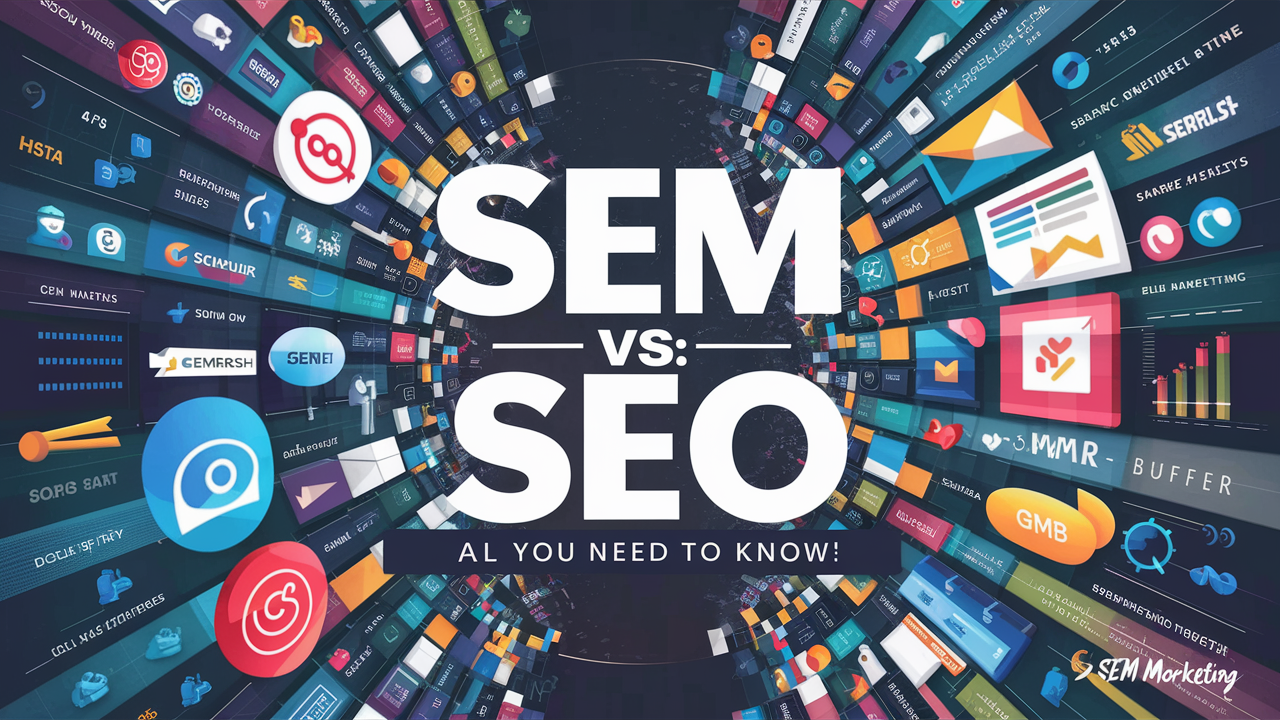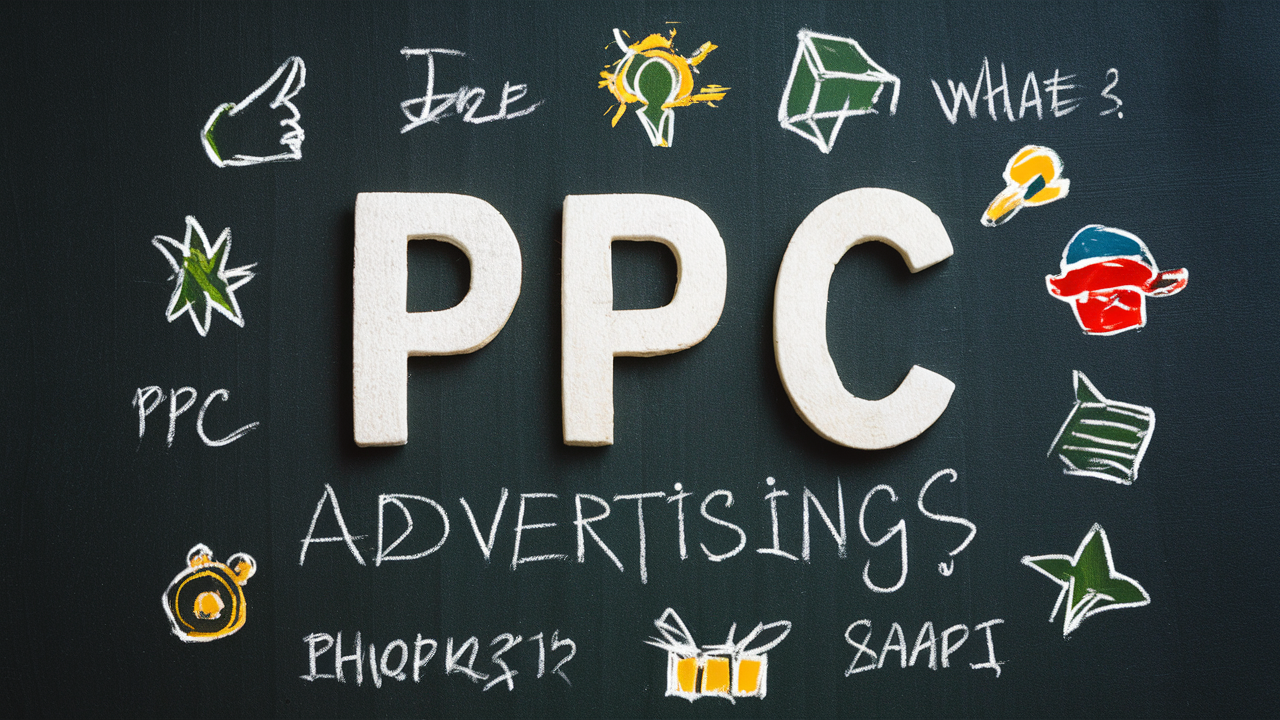Search Engine Marketing, aka SEM, is traditionally known for the use of SEO and pay-per-click advertising. But now, people only consider PPC to be SEM.
SEO is the practice of optimizing content to be discovered through a search engine’s organic results.
Search engines are the best source of organic traffic. On average, around 8.5 billion searches happen on Google in a day. SEs are also responsible for generating as much as 10x more traffic to shopping sites than social media. Search engines not only drive traffic to your site, they also drive traffic towards your physical location. Around 72% of consumers doing a local search visited a store within 5 miles.
SEM Marketing Strategies
SEO and PPC are both search engine marketing strategies. How about we play a game of Would you rather to understand the difference between the two? Let’s begin.
Here’s a tough one. Would you rather be able to Rank #1 instantly on any keywords or have an unlimited budget for a PPC campaign? Even I don’t have an answer for this one, so, why don’t we figure it out together?
SEO Perspective
If you chose to rank #1 on any keyword, it means you chose SEO over PPC. Let’s see if this is the right strategy.
If you have ever wondered why search engines show businesses running PPC campaigns at the top. Then here is your answer. We need to understand that search engines are businesses, and businesses need to generate income to operate. That is why search engines give and will continue to give premium positions to paying customers.
For example, commercial keywords like “insurance” are quite popular and have a ton of competition. So, the entire fold (search engine result pages) is covered in Ads, making organic results nearly invisible. Assuming you ranked for this keyword organically, a researcher would have to scroll down for a while before even considering going to your page.
What about PPC advertising, then?
Hmm, so you’ve decided to change your answer. Sure, if you had an infinite PPC budget, you’d be ranking on the top of every page, right?
Nope! Google does not show Ads on every page for every search. There needs to be some sort of commercial intent in order for Ads to appear.
Let’s take an example: key in something with clear commercial intent, like “buy red sox tickets,” and you will see Ads galore. Now, type in an informational query like “what to do in London,” and you won’t see any Ads.
So, if you were to opt in for an infinite Ads budget and no SEO, you’d be missing out on a ton of opportunities to get traffic. Another thing to note is that commercial keywords generally have less search volume than informational ones. This would even further limit your pool of relevant traffic. According to Ahrefs, an informational query gets searched nearly 27x more than a commercial one.
Now, I’m guessing your answer to unlimited SEO traffic vs PPC traffic is probably tougher than you might have initially thought. This is why we have yet another acronym, SEM (search engine marketing). Remember, in the beginning, I told you that SEM is traditionally known for the use of both SEO and PPC? SEM is where we combine the two strategies and truly take our search engine marketing to another level.
You might wonder how or when you would know to implement SEO, PPC, or both.
Run Ads For Highly Competitive Keywords
There are likely keywords in your industry that you won’t be able to rank for in years. For example, if you are creating a brand new supplements store and you want to rank for keywords like “buy protein powder,” then your chances of a top 3 ranking are slim. You’d be competing against the likes of Amazon, GNC, and Walmart, to name a few. Now, this does not mean that you should give up on SEO. Since ranking for competitive terms will likely be a long play, PPC will get the ball rolling immediately. Here are three benefits of using PPC while you’re working to rank your pages.
- You can immediately start generating revenue since you’re paying for traffic. However, advertising does not guarantee a positive return. Oftentimes, it can take months and a lot of lost dollars to find a campaign that works for you.
- You can test and optimize your conversions. Most advertising platforms have conversion tracking. This means publishers will keep spending money if they see a positive ROI.
- Get valuable keyword data. This can help give you an understanding of whether the keywords you want to target will actually produce conversions.
You can then export this keyword data from the advertising platform and paste it into a keyword research tool. This way, you’ll get insights into the keywords that you want to rank for. You can then choose the keywords with lower difficulty and rank on them using SEO.
You can also use both Pay-Per-Click and SEO for effective search engine marketing when the SERPs are full of Ads. This will help you own as much real estate as possible on the search engine result pages. It is especially beneficial because the click-through rate for PPC campaigns, even if you’re ranking at the top, can be pretty low.
I know it can be challenging to implement all this in the first go, especially if you don’t have experience in search engine marketing. But you don’t have to worry about it. I know an SEM Guru who can help you get the best out of it the first time.








